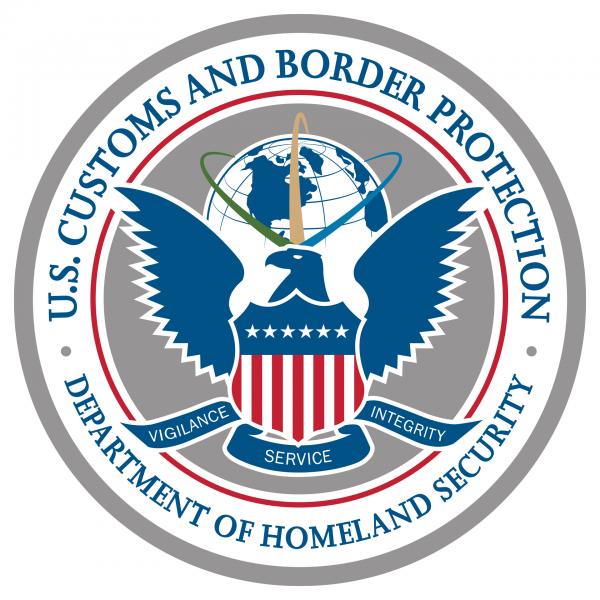Washington, DC - U.S. Customs and Border Protection announced that it has modified the forced labor Finding on Top Glove Corporation Bhd. Effective immediately, CBP will permit the importation of disposable gloves made at Top Glove facilities in Malaysia.

“Withhold Release Orders and Findings send a strong message to U.S. importers about the costs associated with doing business with entities that exploit forced labor, but they also offer a path to remediation,” said Secretary of Homeland Security Alejandro N. Mayorkas. “This is a great example of the extraordinary efforts of U.S. Customs and Border Protection to protect human rights and American consumers and businesses from goods made by modern slavery.”
“CBP modified a Finding after thoroughly reviewing evidence that Top Glove has addressed all indicators of forced labor identified at its Malaysian facilities,” said CBP Acting Commissioner Troy Miller. “Top Glove’s actions in response to the Withhold Release Order, which include issuing more than $30 million in remediation payments to workers and improving labor and living conditions at the company’s facilities, suggest that CBP’s enforcement efforts provide a strong economic incentive for entities to eliminate forced labor from their supply chains.”
On March 29, 2021, CBP published a Finding in the Customs Bulletin and the Federal Register against disposable gloves produced in Malaysia by Top Glove. CBP personnel were instructed to begin seizing shipments of those gloves due to information indicating that Top Glove used forced labor to produce them.
The Finding expanded upon a Withhold Release Order (WRO) that CBP issued in July 2020. That WRO was based on reasonable but not conclusive information of multiple forced labor indicators in Top Glove’s production process, including debt bondage, excessive overtime, abusive working and living conditions, and retention of identity documents.
19 U.S.C. 1307 prohibits the importation of merchandise produced, wholly or in part, by convict labor, forced labor, and/or indentured labor, including forced or indentured child labor. When CBP has information reasonably indicating that imported goods are made by forced labor, the agency will order personnel at U.S. ports of entry to detain shipments of those goods. Importers of detained shipments will forfeit the merchandise if they do not export their shipments or demonstrate – in accordance with the requirements of 19 C.F.R §12.43 – that the merchandise was not produced with forced labor.
If CBP has evidence sufficient to determine that imported goods were produced using forced labor, the agency will publish a Finding to that effect in the Federal Register pursuant to 19 C.F.R. §12.42(f). CBP seizes shipments subject to Findings unless the importer can prove to CBP’s satisfaction that, per 19 C.F.R §12.43, the merchandise was not produced with forced labor.
CBP has established a process through which interested parties may request the modification or revocation of a Withhold Release Order or Finding. The required evidence and timeline for modification or revocation may vary depending upon the specific circumstances of each individual case. CBP does not modify Withhold Release Orders or Findings until the agency has evidence demonstrating that the subject merchandise is no longer produced, manufactured, or mined using forced labor.
